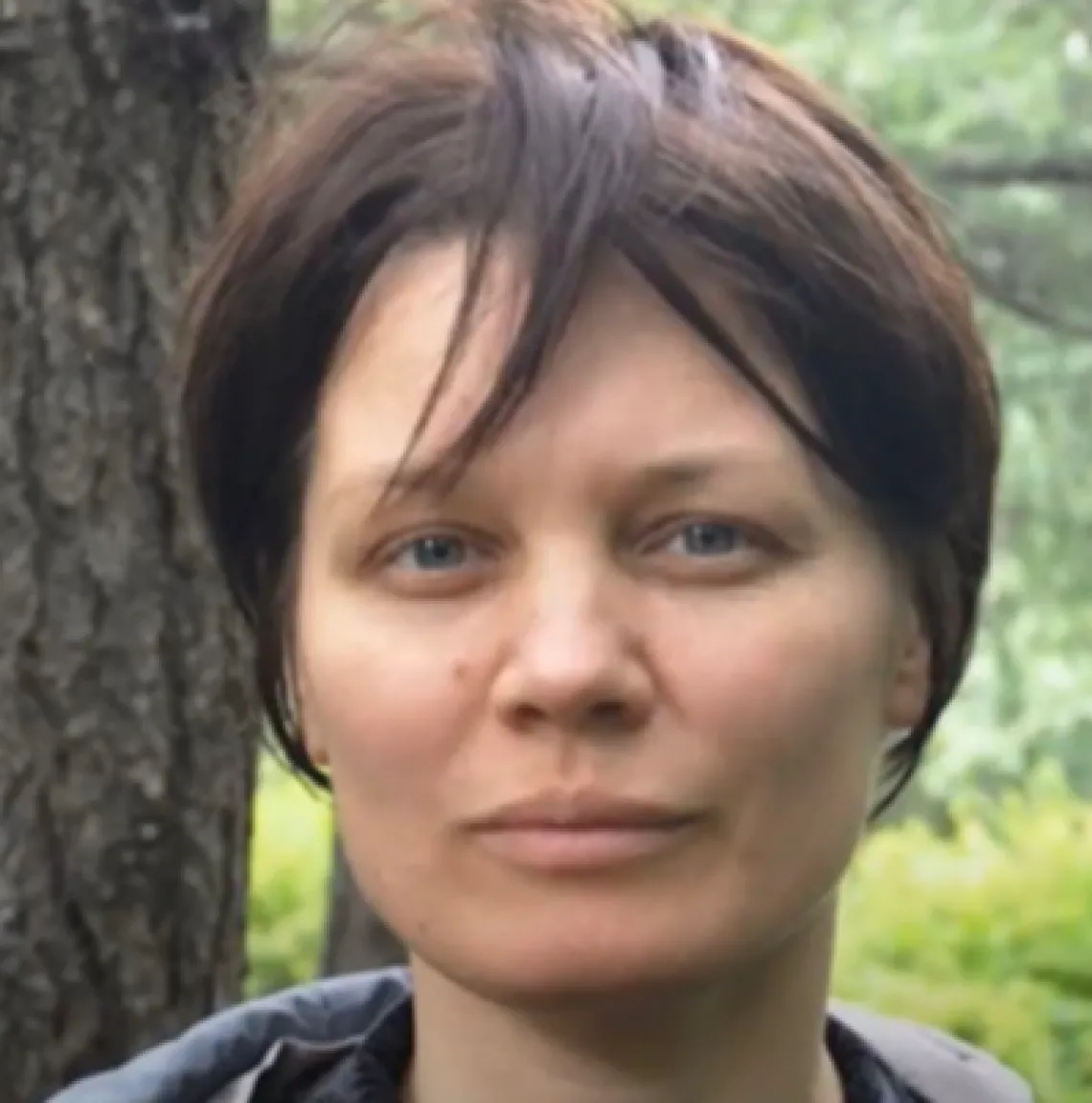Topic: Climate Science

When
Seminar Format
Available in-person--Harshbarger 110--and via Zoom webinar. Contact the department to subscribe to the email list (zoom link provided in announcement).
Abstract
The terrestrial water cycle links the soil and atmosphere moisture reservoirs through four fluxes: precipitation, evaporation, runoff, and atmospheric moisture convergence (net import of water vapor to balance runoff). Each of these processes is essential for sustaining human and ecosystem well-being. Predicting how the water cycle responds to changes in vegetation cover remains a challenge. Recently, changes in plant transpiration across the Amazon basin were shown to be associated disproportionately with changes in rainfall, suggesting that even small declines in transpiration (e.g., from deforestation) would lead to much larger declines in rainfall. Here, constraining these findings by the law of mass conservation, we show that in a sufficiently wet atmosphere, forest transpiration can control atmospheric moisture convergence such that increased transpiration enhances atmospheric moisture import and results in water yield. Conversely, in a sufficiently dry atmosphere, increased transpiration reduces atmospheric moisture convergence and water yield. This previously unrecognized dichotomy between alternate moisture regimes can explain the otherwise mixed observations of how water yield responds to re-greening. Evaluating the transition between regimes and recognizing the potential of vegetation for enhancing moisture convergence are crucial for characterizing the consequences of deforestation as well as for motivating and guiding ecological restoration.
This talk is based on Dr. Makarieva's recent paper in Global Change Biology: The Role of Ecosystem Transpiration in Creating Alternate Moisture Regimes by Influencing Atmospheric Moisture Convergence. The talk further fills out details of specific applications of a somewhat controversial theory, according to Makareiva et al. 2013, Where do Winds Come From? A New Theory on How Water Vapor Condensation Influences Atmospheric Pressure and Dynamics. The controversy engendered by this work has been covered in the news section of Science: Forest Supply the World with Rain. A Controversial Russian Theory Claims They Also Make Wind.
Bio
Anastassia Makarieva graduated from Leningrad Polytechnic Institute, Faculty of Physics and Mechanics, in 1996 and obtained her PhD in atmospheric physics from St. Petersburg State University in 2000. She is a senior scientist in the Theoretical Physics Division of Petersburg Nuclear Physics Institute, where she investigates the life-environment interactions in the framework of the biotic regulation concept founded by Prof. Victor Gorshkov. In co-authorship with V.G. Gorshkov, Anastassia formulated the concept of the biotic pump of atmospheric moisture highlighting key ecological feedbacks on atmospheric moisture transport (2007) and, in cooperation with an international team of colleagues, demonstrated the existence of life’s metabolic optimum (broadly universal rate of energy consumption across life’s kingdoms) (2008). Combining theoretical work with field observations, Anastassia spent 5 years doing forest research in the Russian wilderness. She is a recipient of the 2008 L’Oréal-UNESCO prize “For Women in Science” and is currently (since 2021) an Anna Boyksen fellow at the Institute for Advanced Study at the Technical University of Munich, Germany, where her research interests focus on deepening the physical understanding of ecosystem feedbacks on the water cycle and moisture transport.
Hosted by UA Professor Scott Saleska, Ecology and Evolutionary Biology
Anastassia Makarieva: [Institute for Advanced Study, University of Munich]| Petersburg Nuclear Physics Institute]

